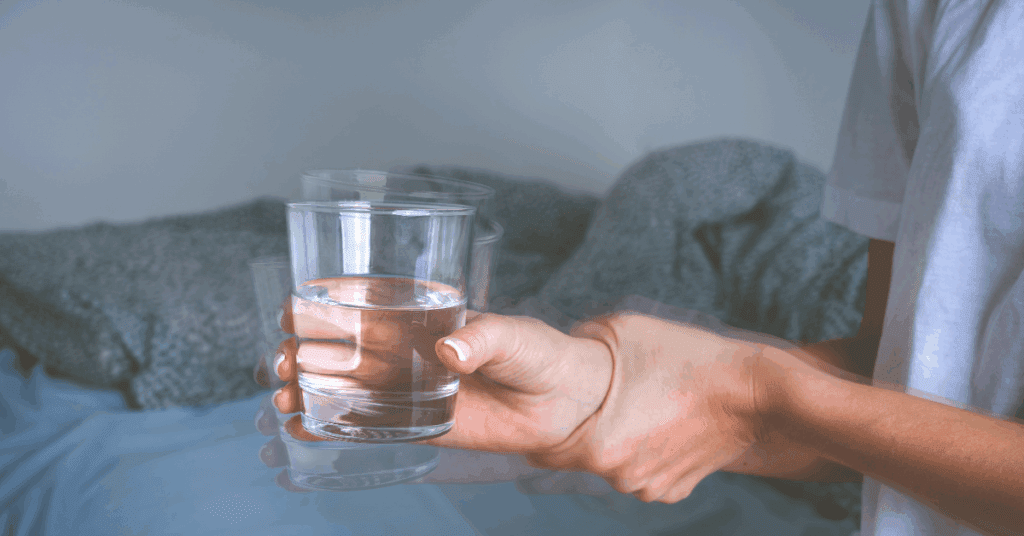FAQs
What is the main cause of essential tremors?
Essential tremor often runs in families. It is linked to changes in the brain pathways that control movement.
Can essential tremors be cured permanently?
There isn't a permanent cure for essential tremors, but many times they can be controlled appropriately with combinations of diet, medicine, and lifestyle.
How do you stop hand tremors naturally?
Stop drinking coffee, get enough sleep, and try to address your stress. Gentle yoga, meditation, and perhaps a mild oil massage might also help.
What is the best Ayurvedic medicine for tremors?
There is not one definitive best Ayurvedic treatment for tremors, as it depends on the cause, the severity of the tremors, and how long they have been present.
Are tremors always a sign of Parkinson’s disease?
Tremors may be caused by essential tremor, thyroid issues, or stress. Parkinson’s usually includes other symptoms like stiffness and slow movement.
Which vitamin deficiency causes body shaking?
Vitamin B12 deficiency can affect nerve function and cause shaking. Low vitamin D can weaken muscles and make tremors worse.
REFERENCES
Patel, M. D., Patel, M., Jani, R., Patel, K. G., Patel, P., & Gandhi, S. K. (2024). Essential Tremors: A Literature Review of Current Therapeutics.
Cureus, 16(5), e59451.

Gowthami, V., Sree Devi, G., Swaroopa, A., & Srikanth Babu, P. (2024). Ayurvedic Management of Kampavata.
Ayushdhara, 11(3), 107–112.

Agarwal, S., & Biagioni, M. C. (2023). Essential Tremor. In: StatPearls [Internet]. Treasure Island (FL): StatPearls Publishing; 2025 Jan–.



